Family business was a Sunderland institution for 156 years
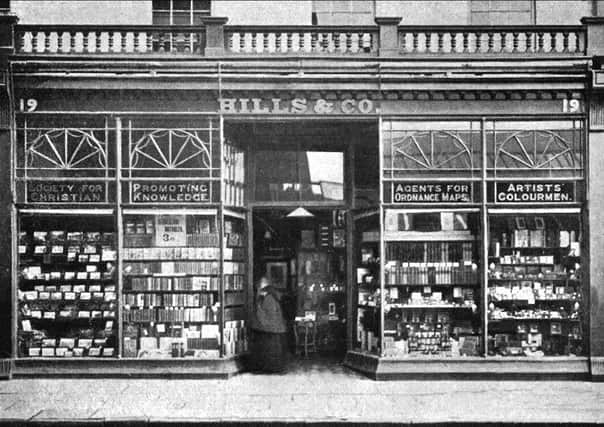

Thanks to the Sunderland Antiquarian Society, which has shared these wonderful photographs and words with the Sunderland Echo, we can pay another visit.
The Crimean War was still a year away when William Henry Hills began his book and stationery shop on Christmas Eve 1852, in High Street on the corner of Nile Street.
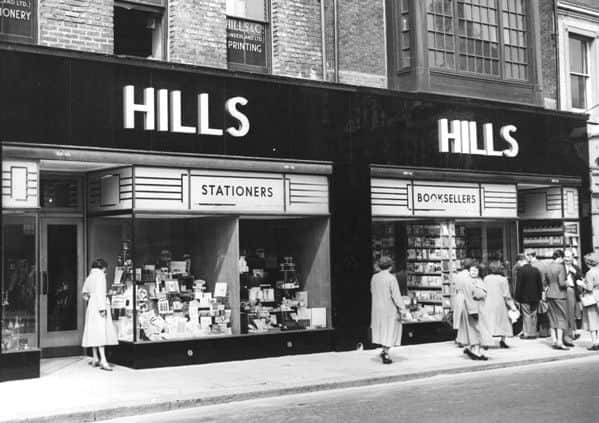

Advertisement
Hide AdAdvertisement
Hide AdHe had illustrated and juvenile works for sale, school books, bibles, maps and fancy stationery. He had almanacs and diaries for 1853.
It was a success. Two assistants – James Patterson and John Rutherford – joined in the 1860s. By the 1890s, the business moved to Fawcett Street.
And when William died the business was taken over by his two assistants and moved to much larger premises in the same street.
John Rutherford died in 1918. In 1929, the firm became a limited company run by Edward (Ted) Dean, Edward Royden Dean and Gordon Rutherford.
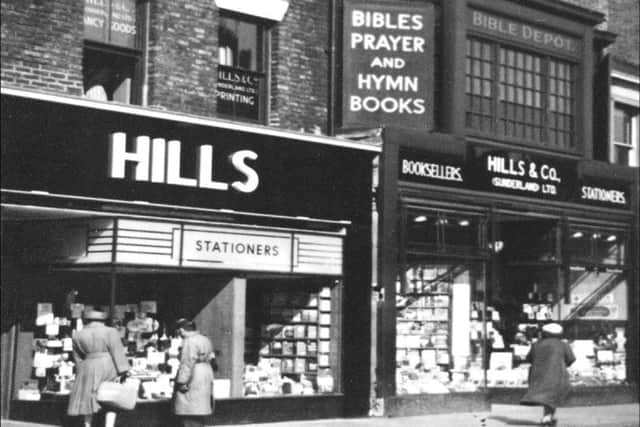

Advertisement
Hide AdAdvertisement
Hide AdJohn Rutherford’s daughters, Hilda and Amy, had respectively married Ted and Edward.
John Patterson’s son, Norman, also had an interest in the business before he left to begin his own shop, Northumbria Printing Works, in Holmeside.
In the same year, Hills moved to Waterloo Place to expand its book and stationery business and maintained stability through the Depression and war years through its contract with the Local Authority to supply local schools with equipment.
The neighbouring property was bought for £8,500 in 1944, following the death of its owner Dr Morgan, a well-known Wearside surgeon.
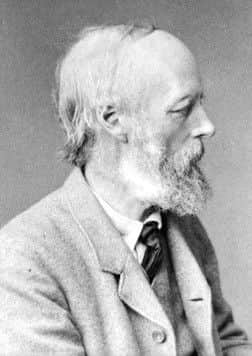

Advertisement
Hide AdAdvertisement
Hide AdThe same year, Edward Royden Dean’s son, John, joined as an assistant.
He recalled: “The ground floor was altered and we had a small stationery department which sold notebooks and notepaper as well as box cameras and Kodak films.
“There was also a small pen counter in the middle of the shop.
“Ernest Lineout, who had started with the firm as a young boy in 1903 then managed the business.
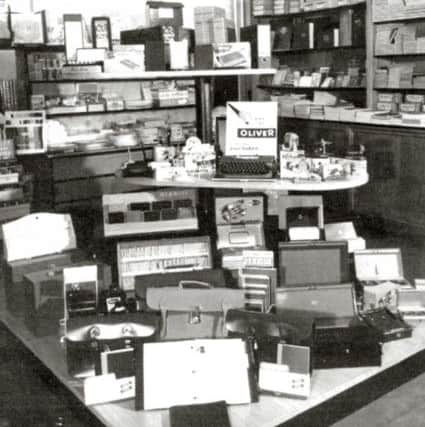

Advertisement
Hide AdAdvertisement
Hide Ad“We kept up high standards and everything was carefully wrapped in brown paper and the parcel tied with a string bow.”
Further expansion followed in the 1950s – the same decade in which Gordon Rutherford passed away, having been associated with the firm for 64 years.
The Chair was taken over by local accountant, Charles Aylen - first appointed as company secretary in 1929.
Other directors in the 1950s were John Dean and Joyce and Jack Rutherford, descendants of William Henry Hill’s first assistant, John Rutherford.
Advertisement
Hide AdAdvertisement
Hide AdThe Rutherford interest in the family business finally ended when the firm was sold to George Malt and Gordon and Martin Preston.
The front of the shop premises was modernised in the 1990s and Hills carried on into the 21st century.
But the pressure from multi-national chain stores and supermarkets eventually took its toll and the business eventually closed in 2008 after serving Wearsiders for 156 years.